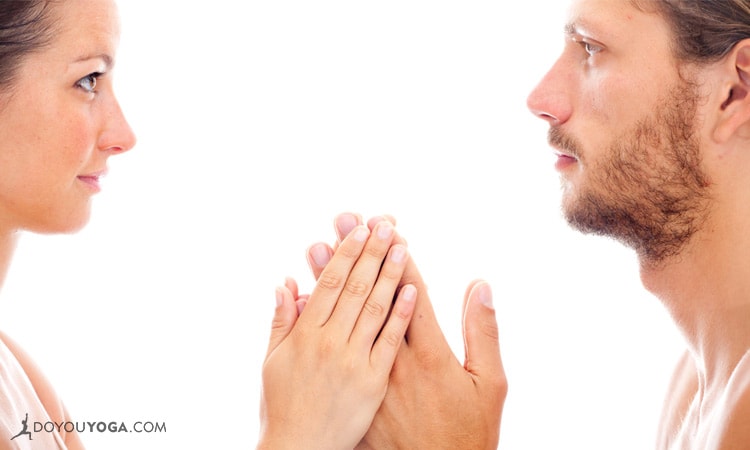The murky waters of personal relationships have long confused me. Maintaining harmonious ties used to be my top priority, even if it meant shortchanging myself in the process, or surrendering ownership of my own happiness.
No wonder life for me was an ongoing struggle to keep others happy. In the event that I couldn’t do so, which was usually the case, because you can’t possibly please everyone, I would be ridden with guilt, having believed judgment from others that I was selfish and inconsiderate.
Changing My Perspectives
And then, yoga happened. I stepped into my own personal power and started leading a more authentic life.
Yoga nourished my self-worth and self-belief. It shifted my perspective on life, on relationships, and most importantly, towards my own self. I realized that I was important and that my primary responsibility was towards myself.
Living in accordance with this new understanding, however, meant that I had to break my earlier conditioning and figure out a new approach. No longer could my previous disposition as peacemaker or “yes man” be the guiding light.
Learning to Walk the Tightrope
In life, uncomfortable situations arise where I can either stay true to my values, or wipe my feet on them to avoid disappointing others.
Similarly, there are people who choose to misunderstand my honest intentions, who decide to believe that my difference of opinion or my declining to devote time or energy to what they desire indicates a lack of caring on my part.
Although I explain myself in a loving and kind manner to assure them that my actions are not personal, they feel threatened by this new “unapologetically assertive” me, and often react nastily.
Using the Compass of Yoga
It was yoga that showed me how to balance my needs and those of others who mattered to me.
On one hand, my time on the mat helped me love myself unconditionally, assuring me that it was okay to put myself first. On the other hand, my studies of yoga philosophy off the mat opened the doorway to leading an ethical, authentic, and guilt-free life!
At times when my earlier conditioning taps me on the shoulder, trying to make me feel guilty and clouding my inner vision, I bring out the yogic compass provided by Patanjali in his Yoga Sutras. I remind myself of the Yamas, ethical guidelines, and ask myself the following questions.
1. Loving Kindness and Non-Violence (Ahimsa)
What are my intentions and motivations in this situation? Are they pure? Are they to hurt anyone? If there are two choices of action, will I be hurting myself or anyone else by adopting either path?
If the other person is feeling hurt, is this a result of my actions, or is it largely because he or she chooses to perceive it this way?
Have I communicated my reasons and intentions in a loving and kind manner? In the larger scheme of things, what feels like a more loving and kind approach to everyone involved?
2. Truthfulness (Satya)
Am I being honest with myself about my intentions? Are they truly in line with my core values, or am I acting out of anger, resentment, pettiness, or insecurity?
Have I been open and honest in my communication with the person involved?
3. Non-Stealing (Asteya)
Am I taking away something I owe the other person by my choice? Will I be taking away something from myself or from other people who matter to me as a result of this? For instance, if I choose to spend time on this request, will it steal the time I reserve for my children?
How does this choice reflect on my duty towards myself or the person involved?
4. Moderation (Brahmacharya)
Am I being moderate, restrained, and balanced in my perspective on this matter?
5. Non-Grasping (Aparigraha)
Am I displaying enough flexibility in my approach? Is there over-attachment on my part or on the other person’s part to sticking to our respective views?
Which way will be in keeping with my core principle of encouraging healthy, independent relationships?
Usually, just going through the first two guidelines of Non-Violence and Truthfulness provides the necessary clarity on the appropriate response to the situation. After answering these questions, I can then proceed to act upon a situation, guilt-free and with utmost self-belief and confidence.
Give the compass of yoga a try the next time you find yourself in a tight spot, and do let me know how it worked out for you.


